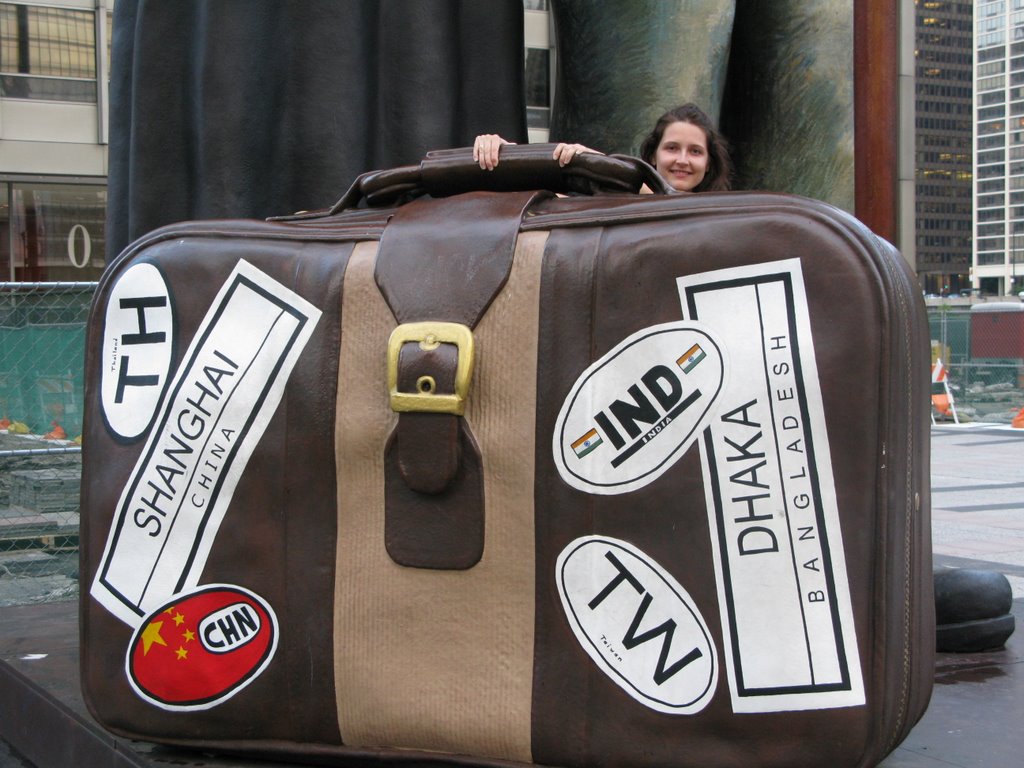
The First Attempt
Moje štúdium angličtiny začalo až na gymnáziu. V septembri sme si kúpili knihy (strašne nudné) a s pomocou angličtinárky, ktorá bola tesne po škole a mala možno úroveň B1, sme sa pustili do práce. Na konci školského roka som zistila, že viem – nič. K angličtine som mala odpor, absolútne mi ten jazyk nedával zmysel, úroveň frustrácie bola maximálna. Presne v tom čase boli v našom meste veľmi populárne intenzívne kurzy angličtiny, na ktoré chodili asi 2 moji spolužiaci a tí po anglicky aj niečo vedeli. Možno inšpirovaná práve nimi a možno poháňaná túžbou cestovať, som z vlastnej iniciatívy povedala rodičom, že chcem chodiť na tento kurz.

Meanwhile, remember: every little step takes you closer to your goal.
The Second Attempt
After taking an entry test that confirmed my lack of English knowledge, I started from scratch. The intensive course involved 100 hours per trimester (10 weeks), so every day after school, I had two lessons in the afternoon. Fortunately, the groups were small (10-12 students), and even more fortunately, the teacher was very experienced, charismatic, and explained grammar excellently. English finally started to make sense.
Making Progress
In the first school year (three trimesters), I completed 300 hours and missed very few classes. The same pattern continued the following year. After 600 hours, I theoretically should have reached a B2 level, so I enrolled in a preparatory course for the B2 exam (another 100 hours). Totalling 700 hours, exactly as indicated by the Cambridge charts. I don’t even count the hours I had during high school. I passed the certification, but even with the certificate in hand, the ‘wow’ effect didn’t come, and I didn’t feel comfortable speaking in English.
University
Getting into university meant studying specialized subjects in English, including reading literary works, analysing them, and writing seminar papers—all in English. Despite very good academic results, I still didn’t feel proficient in English. Yes, my grammar was excellent, but my speaking lagged significantly. I knew I couldn’t respond spontaneously and that I couldn’t express all my thoughts naturally. I realised I needed to experience English outside of the academic environment.

Little did I know that i was just a few steps away from achieving that too.
Natural Language Exposure
At the very beginning of my journey in 2000, accessing authentic materials (articles, videos, etc., meant for native speakers, not language learners) wasn’t easy. My only available source was songs, which I tried to understand and translate.
After my second year at university, I decided to travel to the USA on my own. During three months, I worked at a summer camp for children and finally used English in natural interactions. Every night I fell asleep completely exhausted, with a headache filled with all the grammatical mistakes I had made and embarrassing situations caused by language barriers.
I repeated the work experience in the USA the following summer and also managed to participate in an Erasmus exchange program in Sweden, where I studied for one semester. The headaches after a day of communicating in English diminished, and the frequency of embarrassing moments decreased. However, the expected result of understanding everything and everyone did not materialise. Neither did the state exams or the thesis change that.

(And in case you are wondering… No! That’s not the suitcase I usually travel with.)
The ‘Wow’ Effect
Kedy som teda začala rozumieť ‘všetko’? Zjednodušene napísané – vtedy, keď som konečne akceptovala, že nikdy nebudem vedieť všetky slovíčka a výrazy a že sa budem vlastne učiť celý život.
I began to deduce the meaning of new words from context, and when I didn’t know the exact word, I described it. And when I met someone with an unfamiliar accent, I gave my ears time to adjust 🙂

Final Words
Nech sa už nachádzate v akomkoľvek bode vašej jazykovej cesty, nezúfajte, nepovažujte sa za hlúpych alebo netalentovaných a hlavne to nevzdávajte. Veľké veci chcú čas, alebo použijem na to anglický idiom – Rome wasn’t built in a day.

